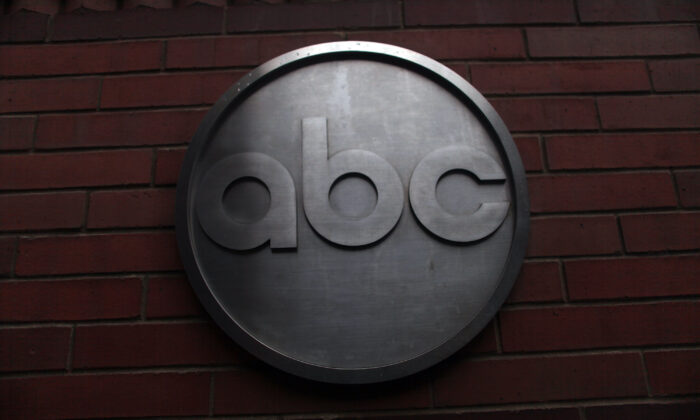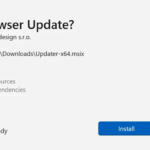Local stations are now more trusted by communities than national media networks, Brendan Carr said.
Brendan Carr, a commissioner at the Federal Communications Commission (FCC), has raised concerns about the impact of TV network ABC’s ongoing broadcast agreement negotiations with local TV stations.
This could “result in blackouts and other harms to local consumers of broadcast news and content,” Carr said.
When local broadcast TV stations air ABC’s content, they have to financially compensate the network. The payment as well as other aspects related to airing the content are covered in the affiliate agreements signed between ABC and the stations. ABC is currently negotiating these agreements.
“Reporting indicates that certain of ABC’s affiliate agreements are set to expire at the end of this year, unless ABC and the local broadcast TV stations reach new agreements,” Carr wrote. “The approach that ABC is apparently taking in these negotiations concerns me.”
Local broadcast TV stations are mandated by federal law to operate while keeping the public interest in mind. This includes a requirement that the stations “serve the needs of their local communities.”
Local TV stations receive payments from cable TV or satellite service providers to allow these services to carry their channels, called “retransmission consent fees.” Meanwhile, national broadcast networks like ABC take a cut of this revenue from local TV stations, known as “reverse retrans” fees.
ABC is attempting to use the “reverse retrans” fees to “siphon more and more money away from local broadcast TV stations,” Carr wrote, adding that in some cases, such fees can be more than the retransmission fees earned by the stations.
He alleged that ABC was doing this for “underwriting investment” in the network’s online streaming services.
“This is not how Congress envisioned the retransmission consent process working.” The retransmission consent fees are aimed at ensuring the “continued viability of local broadcast TV stations.” Such fees offer the stations “an important revenue source for programming that serves the local community.”
It is “antithetical to the will of Congress” that ABC is encroaching on these fees and imposing financial burdens on local TV stations.
Carr added that Americans “no longer trust the national media” while largely holding “positive views of their local media outlets.” He cited a Gallup survey showing that 31 percent of Americans had a “fair amount” or “great deal” of trust in mass media.
“The fact that a massive trust divide has emerged between local news outlets and national programmers like ABC only increases the importance of retransmission consent revenues remaining available for local broadcast TV stations to invest in their local news operations and content that serves their communities,” the letter said.
Carr said he plans to monitor the ongoing negotiations between ABC and TV stations to ensure that the local entities are able to serve the local needs. “A fair agreement would do just that.”
The Epoch Times has reached out to ABC and Disney for comments, but didn’t receive a response by publication time.
Trump Defamation Settlement
In the letter, Carr highlighted a recent settlement signed by ABC with Trump.
“ABC News recently agreed to pay $15 million to President Trump’s future presidential foundation and museum and an additional $1 million in attorney fees to settle a defamation case,” he wrote.
Stephanopoulos’s statement was made in the context of author E. Jean Carroll’s lawsuit against Trump, in which she accused the former president of rape. However, the jury had rejected Carroll’s rape claims.
The former president, who has always denied the allegations, filed a lawsuit against ABC and Stephanopoulos on March 18.
The settlement also requires ABC News and Stephanopoulos to publish an apology statement at the bottom of a March 10 online article.
The poll found that 47 percent of respondents supported Vice President Kamala Harris, three points more than Trump’s 44 percent. This garnered attention at the time because Iowa usually votes Republican. Other polls showed the Republican candidate in the lead.
The lawsuit called the poll “brazen election interference” and accused the pollster of using the survey to influence elections in favor of Democrats.
“The Harris Poll was deceptive and misleading, unfair, and the result of concealment, suppression, and omission of material facts about the true respective positions of President Trump and Harris in the Presidential race, all of which were known to Defendants and should have been disclosed to the public,” the lawsuit said.










